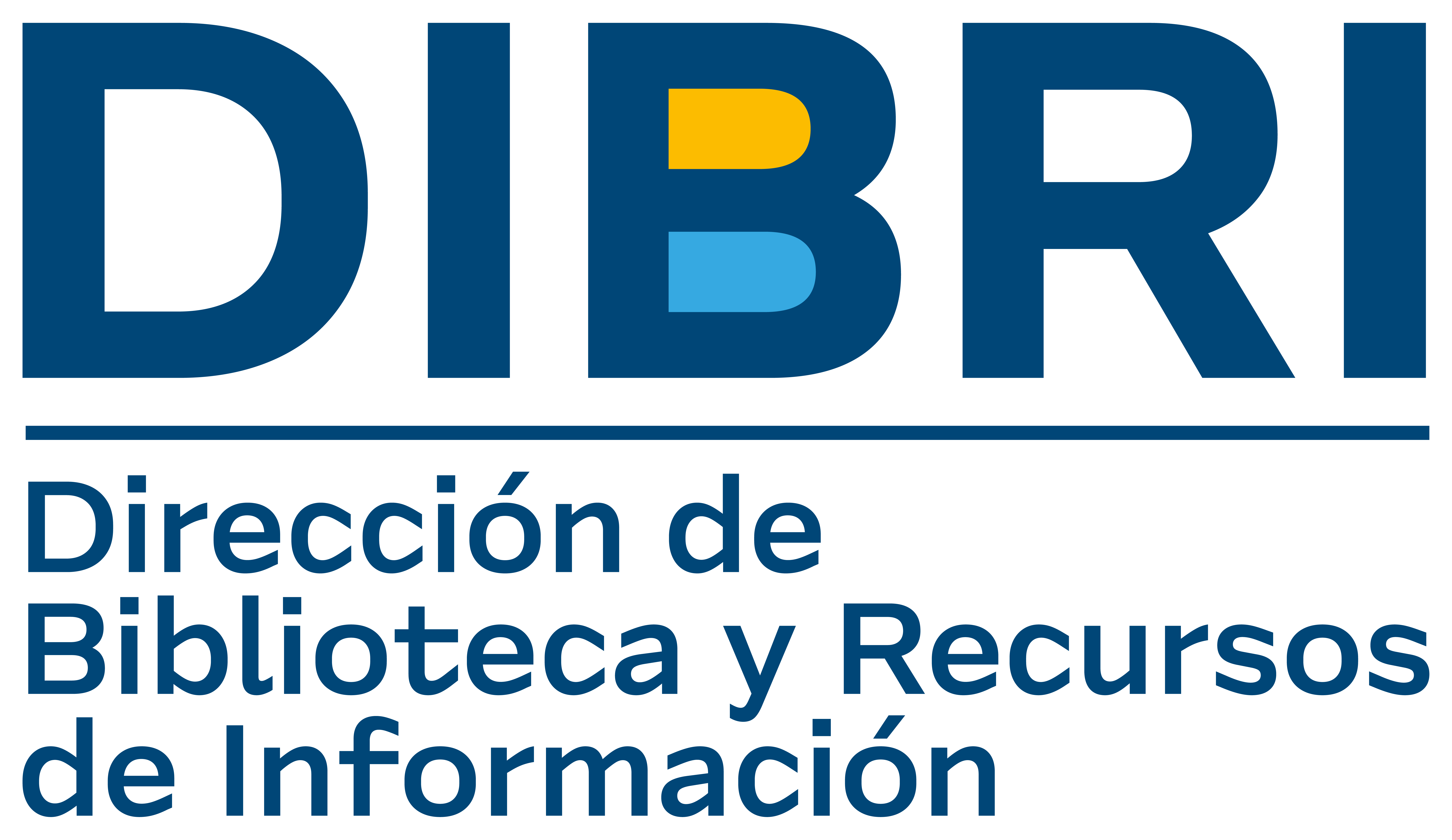A quantitative study of the effect of metacognitive reading strategy instruction on the reading comprehension and reading anxiety of ninth grade learners of english as a foreign language

Ver/
Fecha
2014Autor
Figueroa Puebla, Javier Antonio
Metadatos
Mostrar el registro completo del ítemResumen
The aim of this research is to explore the effects of explicit metacognitive strategy instruction on learners’ reading comprehension proficiency and on their reading anxiety levels. The investigation was carried out at one state school from Santiago, Chile (San Mateo School). The work was carried out with a group of twenty-nine students who were enrolled in ninth grade. The present study has a theoreticaldescriptive framework constituted by three aspects present in the process of learning a foreign language. The first is the model of learning strategies proposed by O’Malley and Chamot (1990). The second framework is the conception of the reading language skill that we have considered for the study; and the third refers to the construct of foreign language reading anxiety adopted in the investigation. The data were collected from three sources. One was the scores that the participants of the experimental and control groups got on their reading comprehension pre-test and post-test. The third source was the experimental and control students’ answers to the Foreign Language Reading Anxiety Scale (FLRAS). Between these processes, there was an intervention phase in which strategies were taught using The Cognitive Academic Language Learning Approach (CALLA). The results showed that there is a fair amount of FL reading anxiety among Chilean EFL learners. Although it seems at first glance that reading in a FL is not anxiety provoking, the results indicated that it could arouse anxiety in some learners. In addition, the final analysis of the data demonstrated that students’ reading comprehension proficiency improved considerably after the intervention phase.


